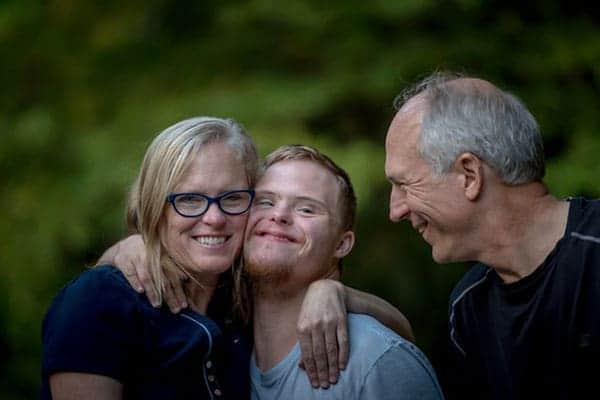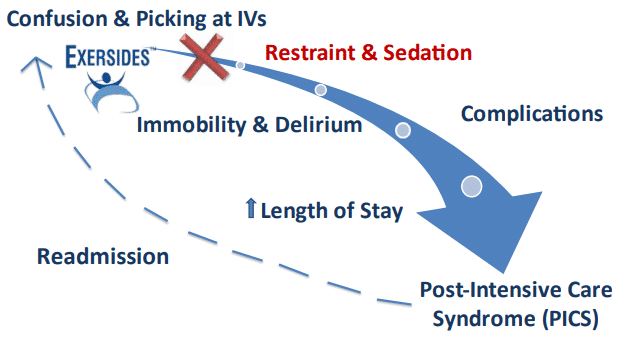



A word from the inventor and CEO:
Dear Partners and Fellow Patient Safety Advocates,
As a physician and member of the Society of Critical Care Medicine’s PFAC I am all too familiar with the risks patients face upon entering the healthcare system.
Unfortunately, Post Intensive Care Syndrome (PICS) and its impact on lives has long been overlooked and it is time we bring real awareness and action to address this debilitating condition.
We have dedicated this section of our website to providing information about PICS and the device I conceived and further developed with support from the National Institutes of Health and various experts in healthcare and business.
It is through my personal experience that I was spurred to not only become an advocate but to use my knowledge and expertise to develop a viable and holistic alternative to today’s extreme usage of physical restraints and often overuse of chemical restraints.
As you browse through the provided content, we hope you will become more knowledgeable not only about what we do but why.
Welcome to Healthy Design.
Marie Pavini MD FCCM FCCP
Our Commitment to You
A commitment to patients and their families is at the core of what we do at Healthy Design.
Our mission is to alter the course of ICU, hospital, and rehabilitative care worldwide by allowing for a more mobile and interactive patient.
As a patient safety and “prehabilitative” device, our flagship product, the Exersides Refraint System, is central to achieving this mission as we aim for better overall health outcomes and experiences for both patients and their loved ones.
Please take a minute to explore the risks both patients and family members face because of the use of conventional restraint devices and practices.

In addition to the critically ill ICU survivor, the family and loved ones (“the caregivers”) who provide the needed care and support can also develop some of the same mental and emotional symptoms of PICS. This condition is called PICS-Family (PICS-F). PICS impacts the quality of life of both the patient and family.
Family members with ongoing emotional symptoms may need to see a professional counselor, psychologist or psychiatrist. Most hospitals offer social workers, case managers and chaplains to support patients and their families through their critical illness.
Resources
- THRIVE: Redefining Recovery – YouTube (3 mins)
- Post Intensive Care Syndrome – YouTube (3 mins)
- Post Intensive Care Syndrome Family – YouTube (4 mins)
- Delirium in the ICU – YouTube (3 min)
- Cognitive and psychological problems after an ICU stay – YouTube (4 mins)
- Audrey Curtis’s Experience with Delirium – YouTube (4 mins)
- Why a stay in the ICU can leave patients worse off – YouTube (8 min PBS Special about PICS)
- ICU Liberation: Post Intensive Care Syndrome (PICS) – YouTube (44 mins)
- https://s3.amazonaws.com/sccm-video/CCC48/Main/Critical-Crosstalk-ICU-Heroes.mp4

